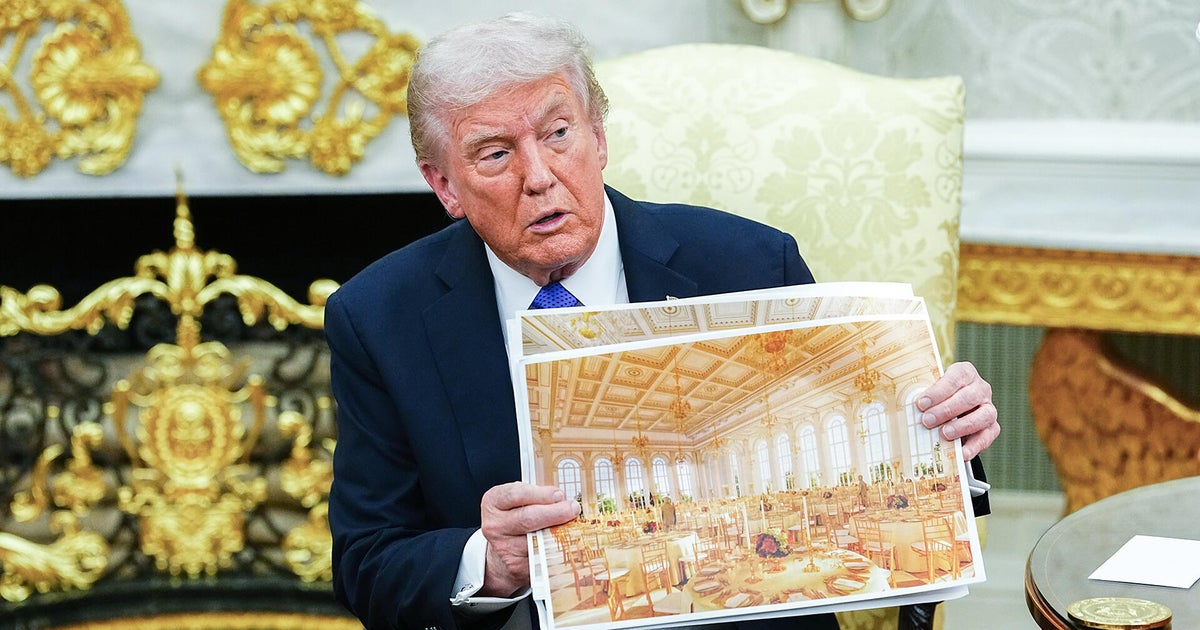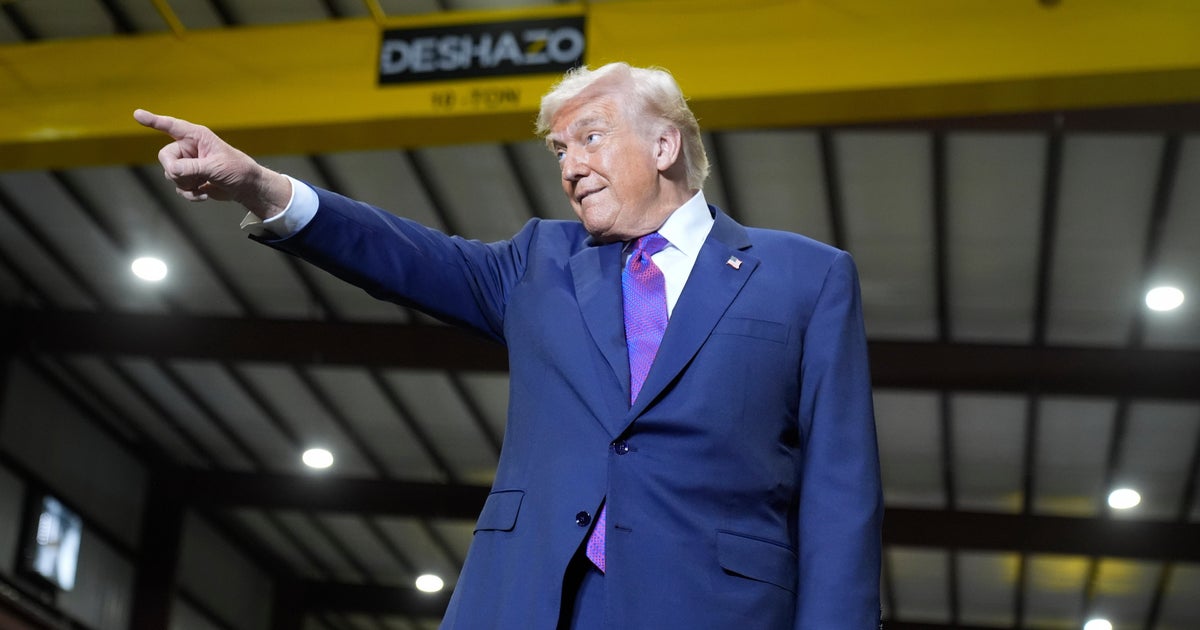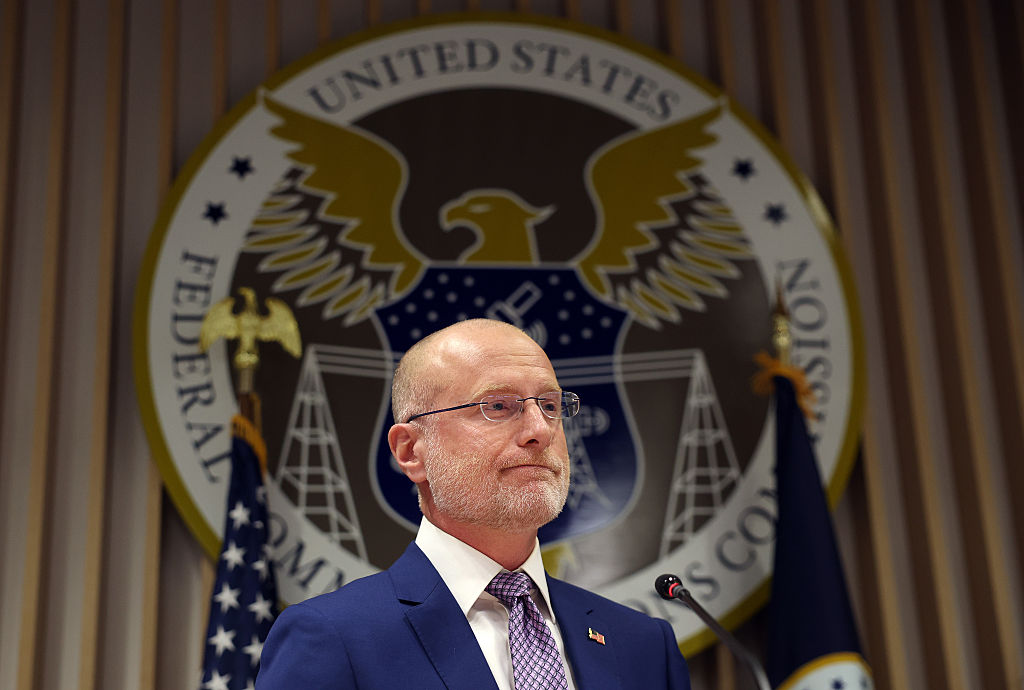Trump mocks Elizabeth Warren by citing Wounded Knee massacre
President Trump invoked one of the largest domestic massacres in American history to mock one of his possible 2020 Democratic challengers, Massachusetts Sen. Elizabeth Warren.
"If Elizabeth Warren, often referred to by me as Pocahontas, did this commercial from Bighorn or Wounded Knee instead of her kitchen, with her husband dressed in full Indian garb, it would have been a smash!" the president wrote on Twitter Sunday night, sharing a CBS News video of Warren in her kitchen talking to supporters through Instagram Live.
The Battle of the Little Bighorn in 1876 between U.S. Cavalry units and an alliance of Native American tribes resulted in the deaths of hundreds of American soldiers and tribal warriors. While in the Wounded Knee massacre of 1890, hundreds of Lakota Sioux men, women and children were slaughtered by U.S. troops.
Jefferson Keel, president of the National Congress of American Indians, the largest Native American advocacy group in the country, rebuked Mr. Trump for employing the massacre as a "rhetorical punch line."
"We condemn in the strongest possible terms the casual and callous use of these events as part of a political attack," Keel said in statement to CBS News on Monday. "Hundreds of Lakota, Cheyenne, and Arapaho people lost their lives at the hands of the invading U.S. Army during these events, and their memories should not be desecrated as a rhetorical punch line."
The chair of the Sioux Tribe at the Rosebud Indian Reservation in South Dakota, Rodney Bordeaux, called on the president to apologize for his "shameful and ignorant" remarks. "On behalf of the Rosebud Sioux Tribe, I condemn President Trump's racist and disrespectful tweet about this brutal incident, in which an estimated 300 unarmed men, women, and children were rounded up and slaughtered," Bordeaux said.
During the massacre in late December of 1890, at least 150 — and possibly as many as 300 — Lakota people were killed by soldiers of the 7th Cavalry Regiment near the Wounded Knee creek at the Pine Ridge Indian Reservation in southwestern South Dakota, which had been admitted to the union a year earlier. It is estimated that many of those killed by U.S. troops were women and children.
"Right near the flag of truce a mother was shot down with her infant; the child not knowing that its mother was dead was still nursing," American Horse, a well-known Lakota chief, told the Commissioner of Indian Affairs during a Sioux council meeting in Washington a year after the massacre
Nearly 130 years have transpired since the massacre, but the sordid episode in American history continues to haunt the U.S. government.
In 1973, there was 71-day standoff between Lakota Sioux activists and federal law enforcement at the site of the massacre. At least two people were killed after followers of the American Indian Movement seized control of the town of Wounded Knee to denounce the federal government's treatment of Native Americans and its failure to honor treaties with tribes.
In 1990, a century after the high-profile massacre, Congress passed a resolution to formally express "deep regret" for the killings committed by American soldiers. But the approximately 20 Congressional Medals of Honor awarded to soldiers who took part in the massacre were never rescinded, despite years of active campaigning by Native American organizations.
Mr. Trump has often taunted Warren, who announced a presidential exploratory committee in late December, and dubbed her "Pocahontas" to mock her claims of Native American heritage — a controversy that has dogged Warren since she first ran for the Senate in 2012.
In October, Warren released the results of a genetic test, which showed she has a small amount of Native American DNA.




